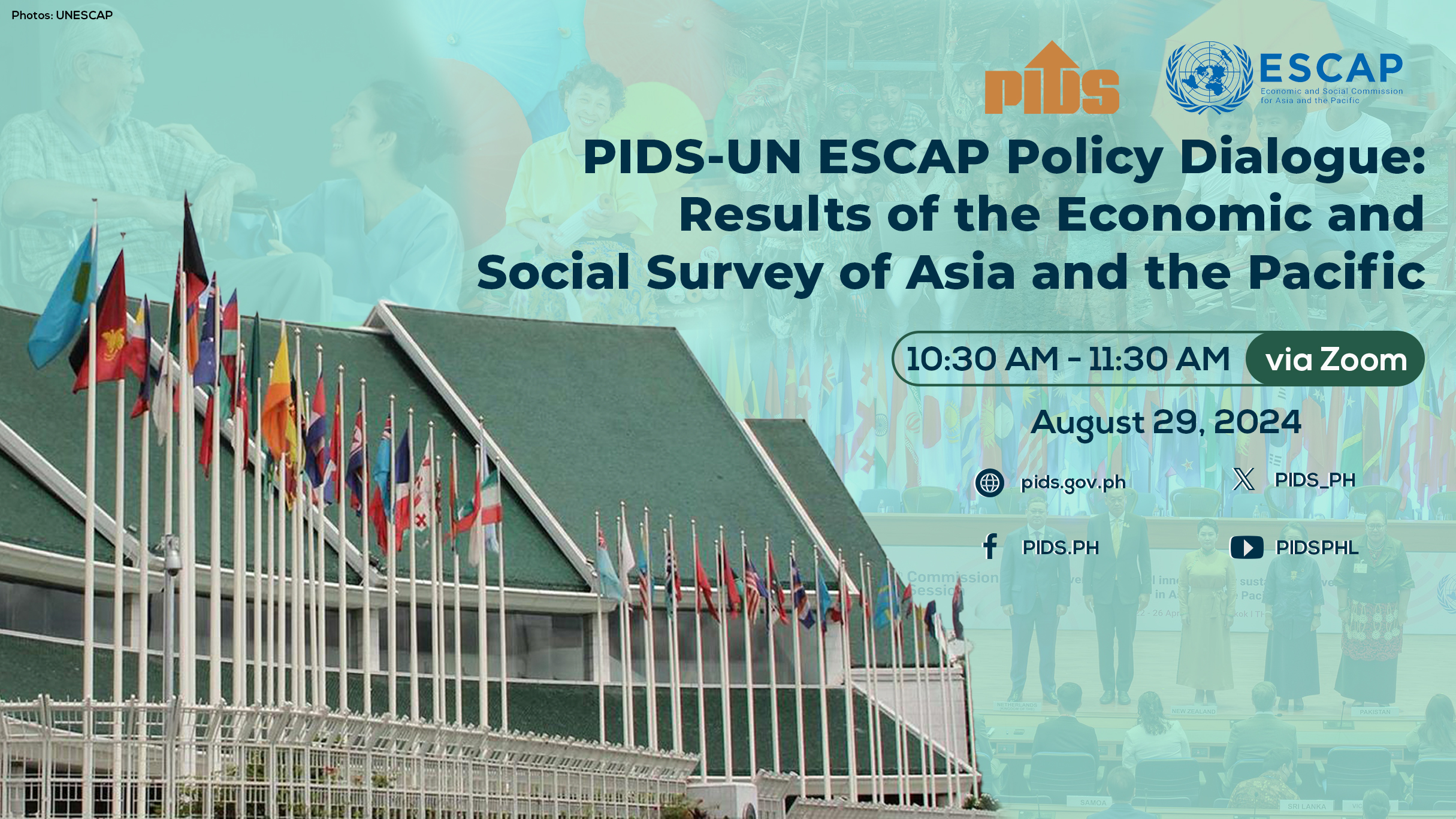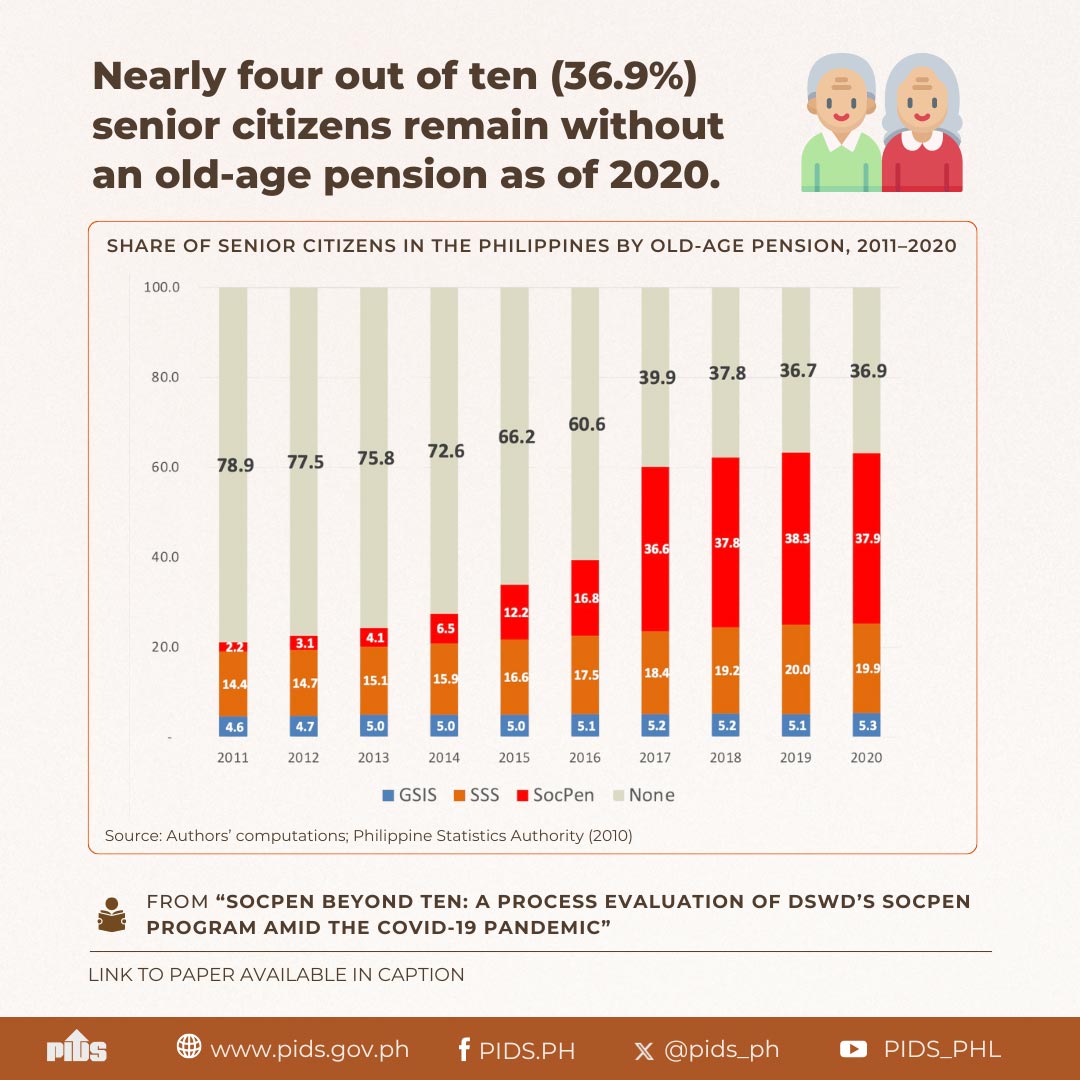MANILA, Philippines — The government will need to make more investments in early warning systems (EVS), social protection, and resilience-building programs to better respond to health and income risks.
During the 20th Development Policy Research Month kick-off forum of the Philippine Institute for Development Studies NEDA Undersecretary Rosemarie Edillon said that following the
COVID-19 pandemic, among the lessons learned is the need to invest more in programs that will allow the country to respond to risks faced by Filipinos in terms of health and their income.
“We need to invest in early warning systems, not just for weather shocks, but for others, especially health shocks,” she said.
She said there are many vulnerabilities in the country’s healthcare system and health profile.
In particular, she said the country has the highest mortality rate for cardiovascular diseases among its neighbors in Southeast Asia such as Thailand, Vietnam, Malaysia, Indonesia and Singapore.
She said living conditions are also a big problem, with the country among those with the highest population density in the region.
While the country faces health risks, she said “we have the lowest public health expenditure among neighboring countries.”
She also said the country has the highest out-of-pocket spending for health.
Apart from health risks, she said the country faces income risks, with the majority of Filipinos unable to recover from big unexpected expenses.
In terms of economic risks such as unemployment or loss of livelihood, she said access to national government or local government unit assistance has been
limited.












